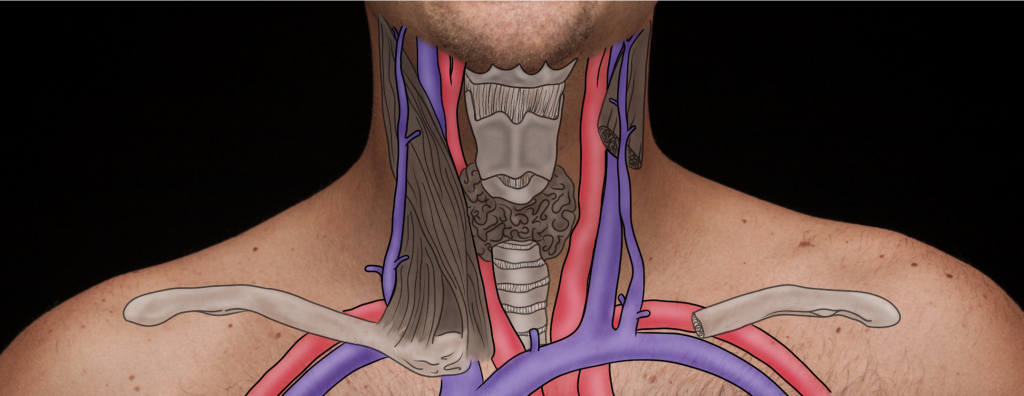How Is Carotid Artery Disease Diagnosed by Specialists?
Specialists diagnose carotid artery disease using a combination of medical history, physical assessment, and advanced imaging techniques. This disease, characterized by the narrowing or blockage of the carotid arteries due to plaque build-up, can lead to serious health difficulties like strokes. Accurate diagnosis is crucial for helpful treatment and prevention.
Initial Assessment by Specialists:
- Medical History:
Reviewing patient history to identify risk factors and symptoms.
- Physical Examination: Checking for physical signs of carotid artery disease, such as a bruit (whooshing sound) heard with a stethoscope.
Diagnostic Imaging Techniques:
- Doppler Ultrasound:
Non-invasive test that uses sound locks to make images of blood flow in
the carotid arteries.
- CT Angiography:
Provides exact images of the blood vessels using X-rays and contrast dye.
- Magnetic Resonance
Angiography (MRA) Uses magnetic fields and radio waves to build
detailed images of the carotid arteries.
- Carotid Angiography: An invasive strategy in which a catheter is inserted into the blood vessel, and contrast dye is injected to visualize the arteries.
Identifying the Severity of Disease:
- Plaque Build-up:
Measuring the extent of plaque accumulation.
- Narrowing of
Arteries: Determining the degree of narrowing or stenosis.
- Blood Flow Restriction: Assessing how much blood flow is restricted due to blockages.
Importance of Accurate Diagnosis:
- Tailored Treatment
Plans: Enables specialists to develop personalized treatment
strategies.
- Early Intervention:
Allows for prompt treatment to prevent strokes.
- Monitoring Disease Progression: Helps track the disease over time and adjust treatments as necessary.
Follow-up and Monitoring:
- Regular Check-ups:
Continuous monitoring to assess the effectiveness of treatments.
- Imaging Tests:
Periodic imaging to check for any changes in the carotid arteries.
- Lifestyle and
Medication Adjustments: Ongoing management to maintain artery health.


Comments
Post a Comment